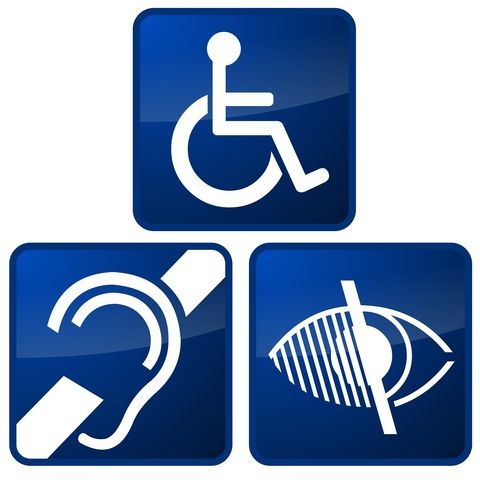Brian Injury Awareness in North Carolina:
- North Carolina Governor McCrory announces March 2016 as Brain Injury Awareness Month
- More than 201,000 North Carolina citizens live with brain injuries
- Falls, vehicle crashes, assaults, sports-related traumas and work-related injuries can be causes
- Estimated 3.8 million concussions occur annually in the United States
The long-lasting effects of a Traumatic Brain Injury can be life-changing. I salute Governor McCrory in recognizing the need to help caretakers, family and those afflicted – Bill Powers
See Related: Brain Injury Awareness in North Carolina
Brain Injury Factoids:
- Traumatic Brain Injury is often referred to as TBI
- TBI contributes to about 30% of all injury deaths
- Falls account for approximately forty-percent (40.5%)
- Motor vehicle collisions / wrecks account for approximately fourteen-percent (14.3%)
- Assaults account for approximately ten percent (10.7%)
A TBI is caused by a bump, blow, or jolt to the head or a penetrating head injury that disrupts the normal function of the brain – Centers for Disease Control

Professional Journals / Reference Sources for TBI
- Faul M, Xu L, Wald MM, Coronado VG. Traumatic brain injury in the United States: emergency department visits, hospitalizations, and deaths. Atlanta (GA): Centers for Disease Control and Prevention, National Center for Injury Prevention and Control; 2010.
- Centers for Disease Control and Prevention (CDC), National Center for Injury Prevention and Control. Report to Congress on mild traumatic brain injury in the United States: steps to prevent a serious public health problem. Atlanta (GA): Centers for Disease Control and Prevention; 2003.
- Centers for Disease Control and Prevention. Nonfatal Traumatic Brain Injuries Related to Sports and Recreation Activities Among Persons Aged ≤19 Years — United States, 2001–2009. MMWR 2011; 60(39):1337–1342.
Modified Transcription of “Brian Injury Awareness in North Carolina” for the Hearing Impaired
Speaker 1 – Governor Pat McCrory:
He just put everything in perspective for me today. I’ve been dealing with the day-to-day politics of Raleigh. You get caught up in the minutiae, and you see the real world right here. Sandra, I want to thank you. I want to thank everyone who’s dealing with brain injury. It can happen to any of us at a moment’s notice. It can happen today or tomorrow or next week. It can happen not only to us, it can happen to a loved one, and our lives change. Everyone’s lives change, not just the person with the injury but their entire family changes. I have a philosophy that we need to help those who can’t help themselves while encouraging those who can. People with brain injuries, many cannot help themselves until we teach them the new skills they need to encourage them to also help themselves. That’s why I’m so impressed, Sandra, with your leadership. We want to make Andy, and we want to make others, as independent as possible. No matter what inflection we … Go ahead.
Speaker 2: Andrew.
Governor McCrory: Okay. His name is Andrew. Sorry.
Governor McCrory: We want to make Andrew as lively and independent as possible. We want him to have the most independent life he can for now and in the future. We also need to help him with those things that he cannot help himself with, out of no fault of his own. We need to do everything we can to help those families. On behalf of the state of North Carolina and Andrew and the other men and women here who are impacted by brain injuries and are survivors … That’s what you are. You are survivors … and survivors, we need to do everything we can to help them live an independent and productive life. I want to also commend the families more than anything else.
 Carolina Criminal Defense & DUI Lawyer Updates
Carolina Criminal Defense & DUI Lawyer Updates
